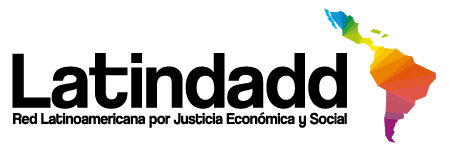Descripción
The burden of increasing indebtedness in Southern countries primarily falls on individuals exposed to economic, social, and climate vulnerabilities. In a context of multiple crises, countries are forced to resort to non-concessional loans and implement public spending cuts, while extractivism continues to rise, all amidst an uneven economic recovery.
The objective of this report, written by Maia Colodenco, Yanne Horas, and Anahí Wiedenbrüg, is to identify and address the main risks and common aspects of debt in the Global South countries, presenting proposals for global debt policies that shift the rules towards a more equitable international financial architecture.
The recommendations of this report aim to fuel discussions and engage decision-makers in order to provide solutions to the growing number of countries facing debt issues and to prevent a further crisis. It is crucial to recognize that debt is an instrument that directly impacts social and economic justice in Global South countries.
Social and economic justice is at stake, and it is imperative for policymakers to take urgent measures to resolve the debt crisis and prevent further deterioration of the situation, considering the urgency of addressing the current debt landscape, its composition, and the risks it poses as interest rates rise. The proposed recommendations in this report are essential for generating significant changes in debt architecture and effectively addressing the challenges faced by indebted countries in the Global South.





